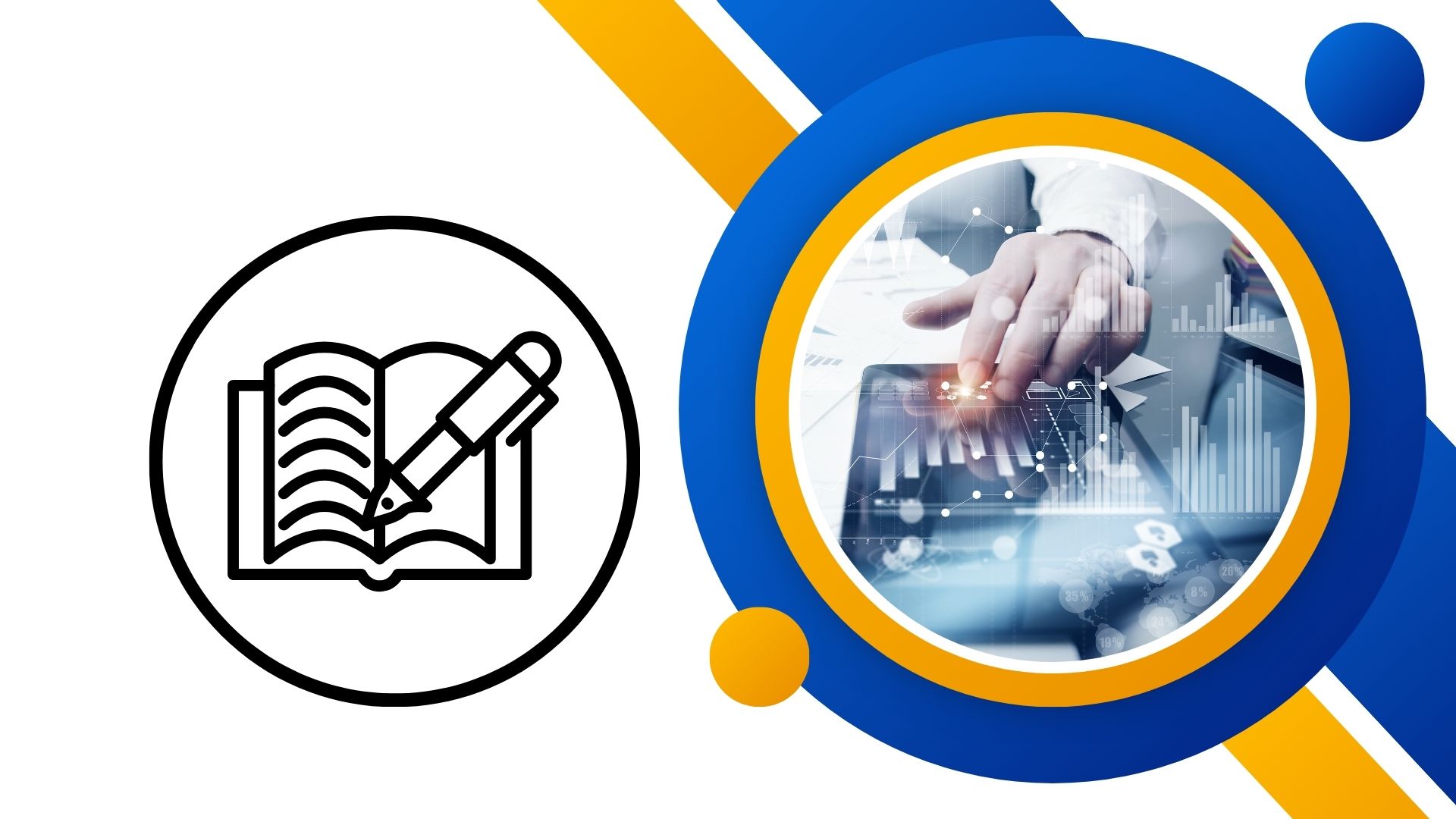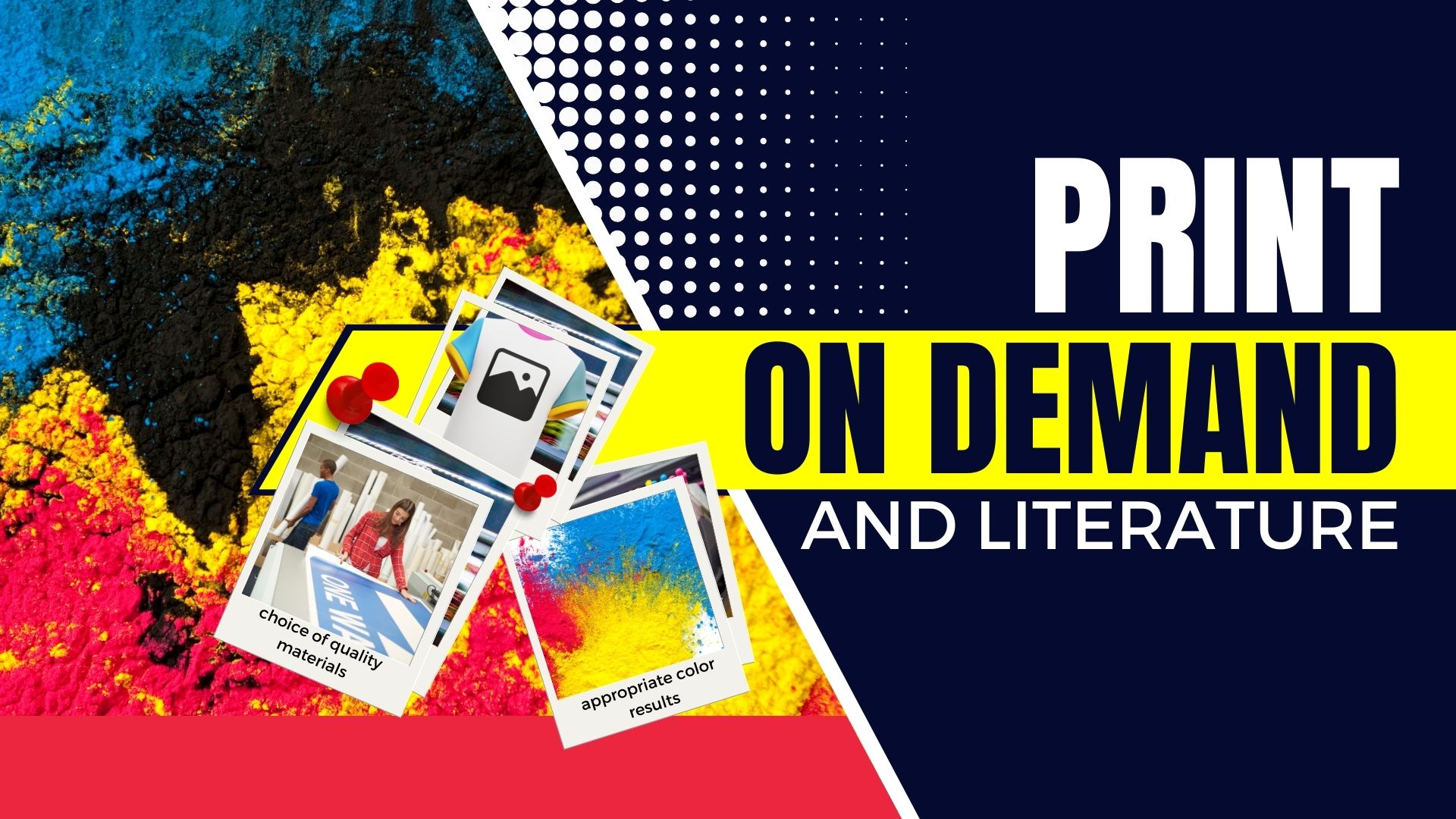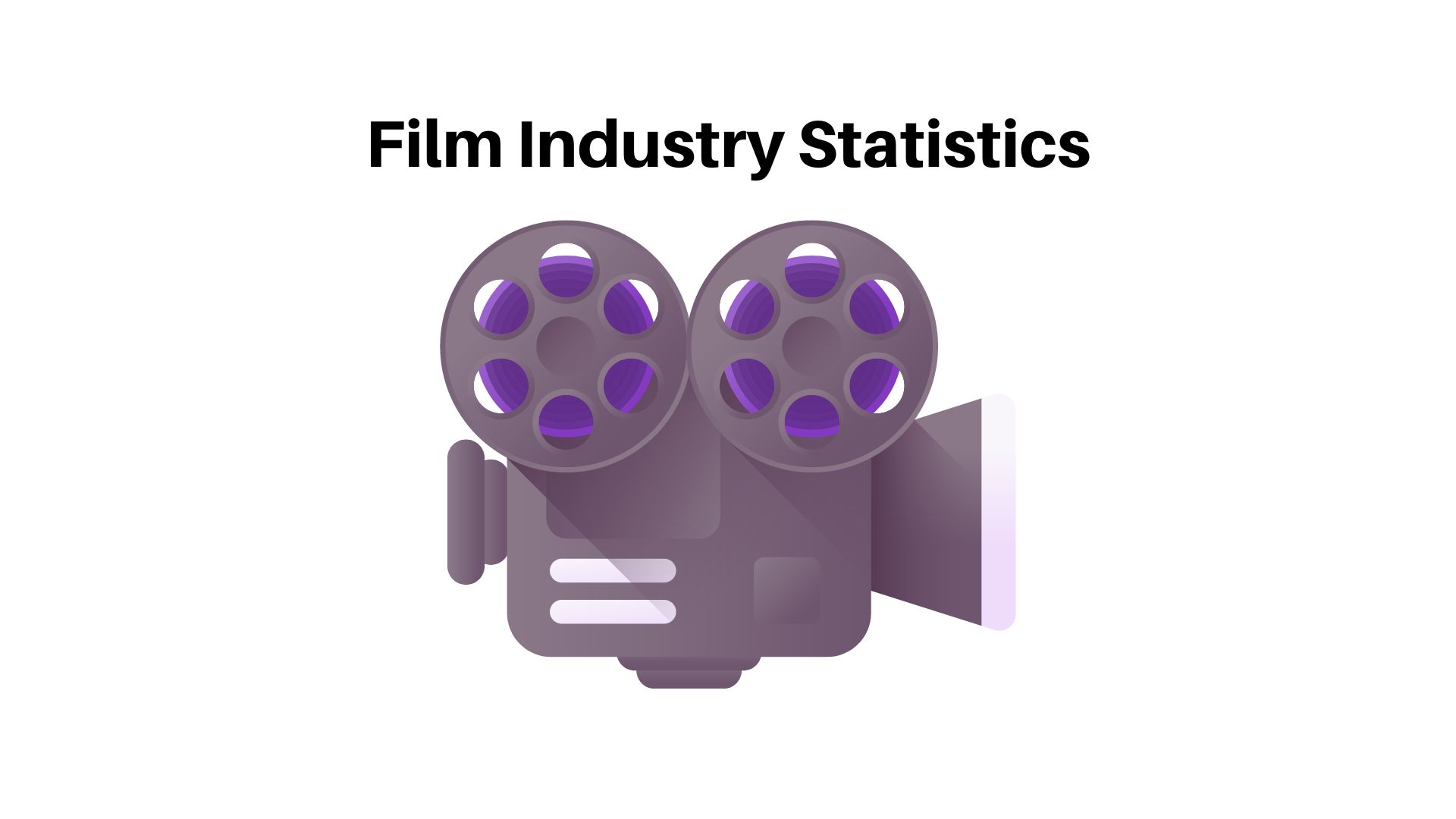Enterprise Software: A New Ally in Understanding Complex Literary Texts

Page Contents
In the evolving world of education, the fusion of technology and literature is creating new pathways for students and educators alike. One such innovation is the use of enterprise software in dissecting and comprehending complex literary texts. This article delves into how these advanced tools are becoming indispensable in academic settings, particularly in enhancing the understanding of intricate writings.
Enhancing Student Engagement and Understanding
Incorporating literary analysis into enterprise software enhances student engagement by providing visual representations of character interactions, themes, and historical context, thereby making challenging texts more accessible and interesting. This method simplifies intricate ideas and nurtures a deeper appreciation for literature. Within this framework, examples such as “Sinners in the Hands of an Angry God” essays, which offer free expert analyses and samples, prove to be extremely beneficial. These essays assist students in grasping sophisticated subjects by providing them with professional perspectives and examples.
The Role of Enterprise Software in Literary Analysis
Breaking Down Complex Texts
Enterprise software, typically known for its business applications, is now finding its place in the academic realm. By analyzing language patterns, themes, and historical contexts, these software solutions, such as those explored by the Stanford Literary Lab, offer insights that might be challenging for students to discern independently. These tools are equipped with advanced algorithms and data analysis capabilities, enabling a deeper and more nuanced understanding of literary texts.

Customizing Learning Experiences
Different students have varied learning styles and paces. Enterprise software accommodates this diversity by offering customizable learning paths. Whether it's providing simplified explanations, offering additional resources, or adapting to individual learning speeds, these tools ensure that every student can navigate complex texts at their comfort level.
Integrating Modern Technology in Literature Studies
Empowering Educators with Advanced Tools
The impact of enterprise software extends to educators as well. These tools empower teachers with a more comprehensive understanding of texts, enabling them to craft more effective lesson plans. With access to detailed analyses and interpretations, educators can guide discussions with greater depth, fostering a richer classroom dialogue. This integration of technology in teaching methodologies marks a significant shift in traditional pedagogical approaches.
Encouraging Collaborative Learning

Another significant benefit of enterprise software in literature studies is the promotion of collaborative learning. Students can work together on projects, leveraging the software's capabilities to analyze texts and share insights. This collaboration not only enhances their understanding of the literature but also builds essential skills such as teamwork, communication, and problem-solving. Such collaborative environments, supported by technology, are crucial in preparing students for the interconnected world of tomorrow.
Linking Technology and Literature
A Resourceful Combination
Platforms like the aforementioned, offering a rich database of written works, serve as templates and sample collections for students exploring literary analyses. This integration not only aids in understanding but also enriches the overall educational experience. For broader insights into the impact of technology in education, resources like the Educause Review, situated in the heart of educational technology discussions, provide comprehensive information.
The Impact on Academic Research
In academic research, enterprise software is revolutionizing how literary analysis is conducted. With the ability to process vast amounts of text and extract meaningful patterns, these tools are invaluable for scholars exploring uncharted territories in literature. This technology not only speeds up research but also uncovers perspectives that might be missed by traditional methods.
Table 1: Impact of Enterprise Software on Literary Research
| Aspect | Description | Example |
| Data Processing | Rapid analysis of large texts | Identifying themes across different literary periods |
| Pattern Recognition | Uncovering hidden connections and motifs | Tracing character development in a novel series |
| Time Efficiency | Reducing the time for literature review | Completing comprehensive analyses in shorter timeframes |
(Sources: Harvard University, MIT Technology Review)
Preparing Students for the Future
Skills Beyond Literature
The skills learned through the use of enterprise software in literary studies extend beyond understanding texts. They include critical thinking, data analysis, and technological proficiency – competencies highly valued in the modern workforce. Thus, students are not only becoming better readers and analysts but are also preparing for the challenges of the future job market.
Bridging the Gap Between Academia and Industry
The application of enterprise software in literature studies is a prime example of how academic knowledge can be applied in real-world scenarios. This integration bridges the gap between academia and industry, demonstrating to students the practical applications of their learning.
Conclusion
Enterprise software is redefining the landscape of literary studies. By providing innovative tools for analysis, enhancing student engagement, and preparing learners for future challenges, this technology is proving to be a valuable ally in understanding complex literary texts. As we continue to explore the synergy between technology and literature, the potential for further educational breakthroughs remains vast and exciting.

Wayne Kernochan has been an IT industry analyst and auther for over 15 years. He has been focusing on the most important information-related technologies as well as ways to measure their effectiveness over that period. He also has extensive research on the SMB, Big Data, BI, databases, development tools and data virtualization solutions. Wayne is a regular speaker at webinars and is a writer for many publications.



